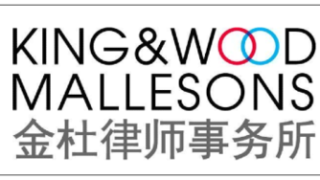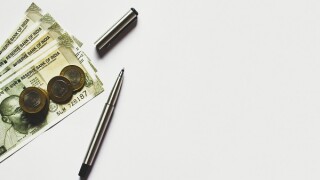Asia-Pacific
The parties have agreed on a court-guided settlement covering Pantech’s entire SEP portfolio, marking a global first
The Australian side, in particular, can benefit by capitalising on its independent status to bring in more work from Western countries while still working with its former Chinese partner
King & Wood Mallesons will break into two entities, 14 years after a merger between a Chinese and an Australian firm created the combined outfit
The association’s Australian group has filed a formal complaint against the choice of venue, citing Dubai as an unsafe environment for the LGBTQIA+ community
Recently published Special Focus articles
Recently published Special Focus articles
-
Sponsored by ABE & PartnersTakanori Abe of Abe & Partners looks at a recent case where it was alleged that Toshiba Visual’s sale of LCD TVs, equipped with LEDs, infringed Nichia’s LED patents
-
Sponsored by Januar Jahja & PartnersMitha Fuji Adiati and Iis Riskaningsih of Januar Jahja and Partners provide an update on changes to the patent law
-
Sponsored by RNA, Technology and IP AttorneysRanjan Narula and Rajiv Suri of RNA, Technology and IP Attorneys consider a Supreme Court ruling where income from a software sale by non-resident companies to resident is not a ‘royalty’ payment
-
Sponsored by Hanol IP & LawMin Son of Hanol IP & Law describes how patent challenges have become even more important under the revised drug pricing framework in South Korea
-
Sponsored by AFD China Intellectual Property Law OfficeJie He, Jingjing Wu and Xia Zheng of AFD China Intellectual Property Law Office discuss trademark registrations and the obstacles to overcome to establish a successful trademark environment
-
Sponsored by Bridgeon Law FirmAt a time when the China Congress has enacted new laws to strengthen patent protection, Wei Shi and Youping Ma of Bridgeon Law Firm provide advice on preparing for a jurisdiction objection request




















